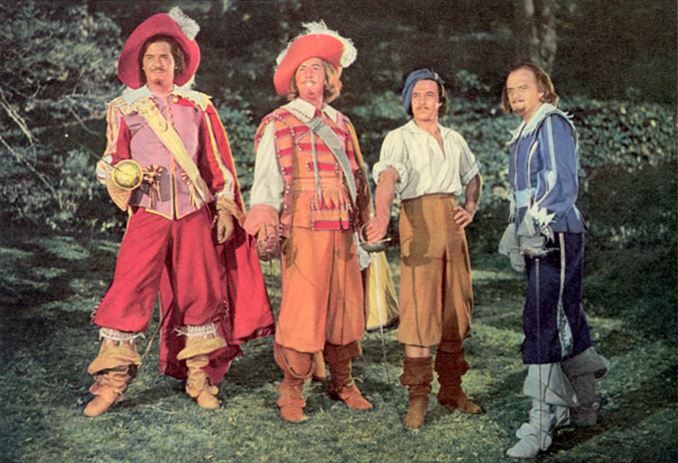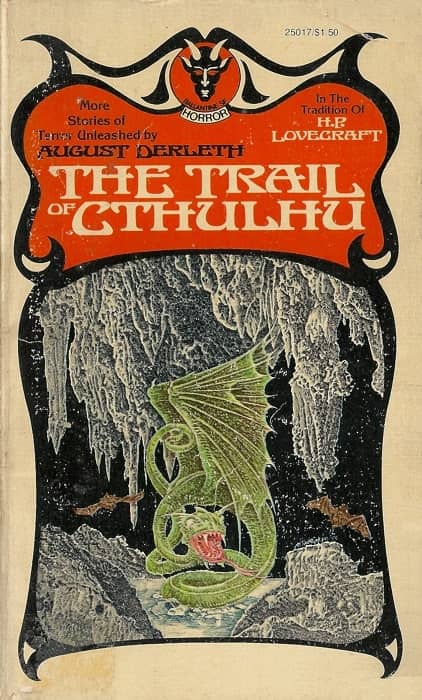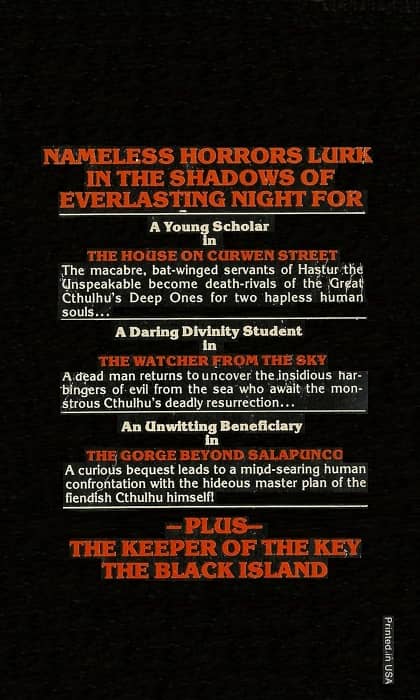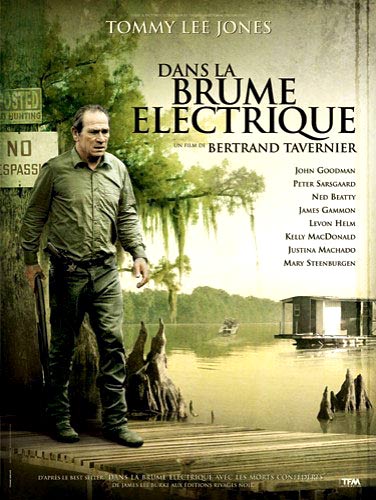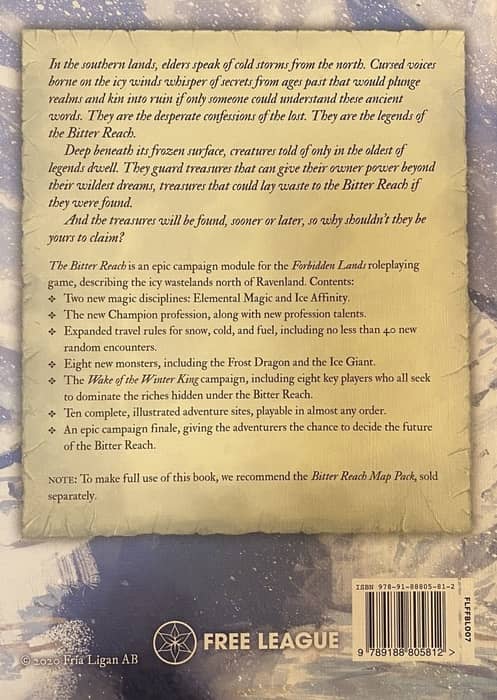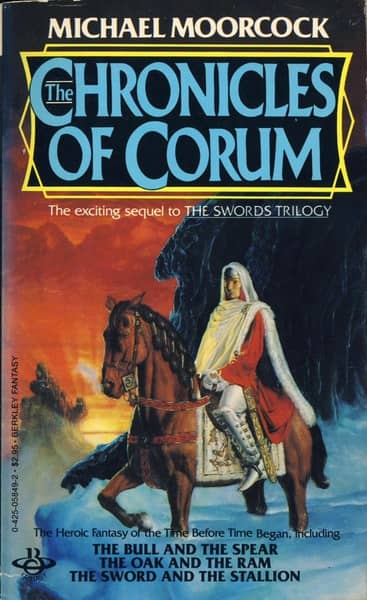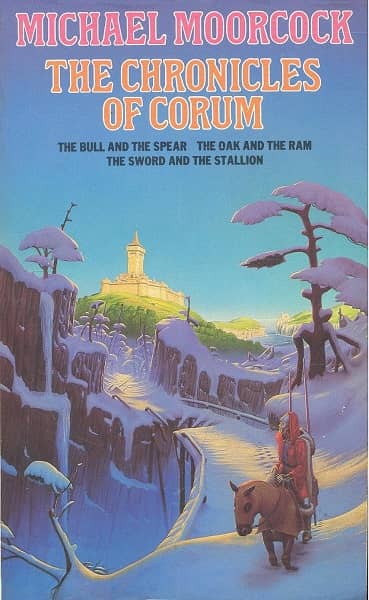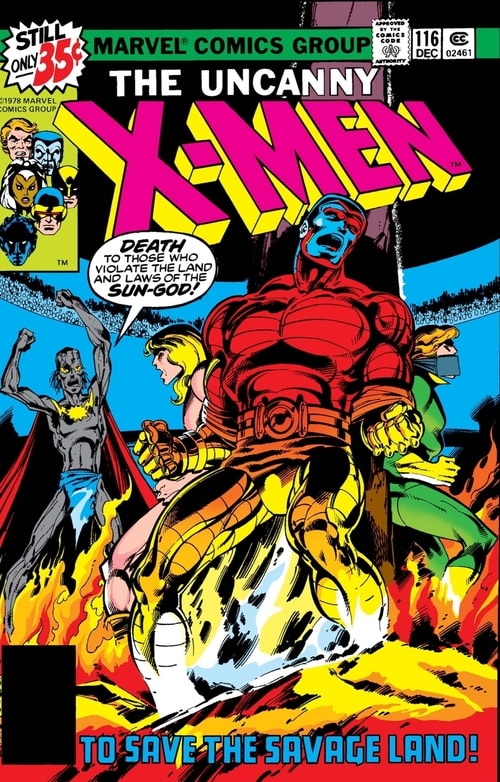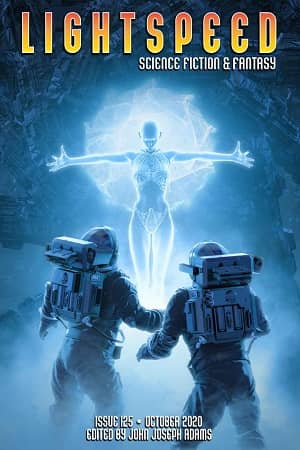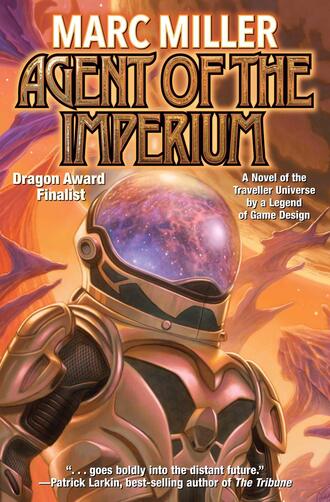Ellsworth’s Cinema of Swords: 3 Musketeers + 1 Long Nose
The Three Musketeers (1948)
When you say “French swashbuckler,” two names leap instantly to mind: d’Artagnan and Cyrano. Both were actual historical figures, but it’s through their fictional incarnations that they’re known around the world. Both d’Artagnan and Cyrano de Bergerac have been fictionalized repeatedly dating back to the 17th century — zut alors, Cyrano even fictionalized himself! — but they’re overwhelmingly best known from two sources, d’Artagnan from Alexander Dumas’s The Three Musketeers and it sequels, and Cyrano de Bergerac from Edmond Rostand’s play of the same name. There have been several memorable screen versions of Rostand’s Cyrano, but none more so than the version reviewed below. The Three Musketeers, of course, is one of the greatest adventure novels ever written, and has been filmed for movies and TV dozens of times, with varying degrees of quality and fidelity to the source material. This week we’re looking at one of the best, and throwing in an oft-overlooked sequel as a bonus.
The Three Musketeers
Rating: *****
Origin: USA, 1948
Director: George Sidney
Source: Warner Bros. DVD
There were a lot of movie and TV adaptations of The Three Musketeers in the 20th century, but three of them tower above all the others: the Fairbanks film from 1921, Richard Lester’s 1973 version, and, falling almost exactly in between them, MGM’s star-studded entry from 1948.
This is an interesting adaptation: it starts out as a typical Hollywood vehicle for star Gene Kelly, bright, colorful, charming, and light-hearted, a musical without songs, as d’Artagnan (Kelly) finds camaraderie with the musketeers and romance with Constance (June Allyson). But the top-billed actor at the time was actually Lana Turner, then at the height of her fame, and based on her roles as a femme fatale in films noir, she was cast as the wicked Milady de Winter. Now Milady appears mostly in the second half of Dumas’s novel, so to give Turner enough screen time, the movie races through the Affair of the Diamond Studs in its first hour, enabling it to spend its second hour on the schemes of Milady.
